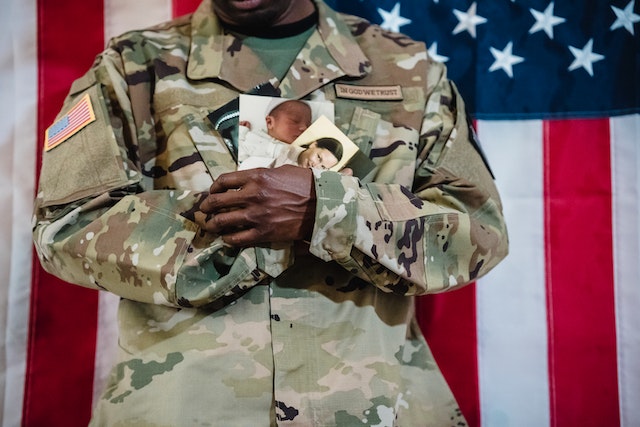Populations experiencing homelessness have a range of housing, healthcare, and social needs. Assessment and updated knowledge of these needs are important to providing the comprehensive interdisciplinary care that is often needed to serve these populations. Homelessness among US veterans is of great public concern and homeless veterans represent an important group in need of assistance from the perspectives of public health, federal policy and society at large.
In general, US veterans have been overrepresented in the country’s homeless adult population; in 2016, it was estimated that veterans constituted 9.2% of homeless adults while only constituting 7.4% of all adults. Perhaps more importantly, homeless veterans also symbolically represent a failure of the government to care for those who have served our military and country. The Department of Veterans Affairs (VA) has spent significant amounts of money on its homeless programs since the 1980s but more recently, beginning in 2009, VA embarked on a federal initiative to end veteran homelessness and spent over 1 billion dollars annually for programs and services for homeless veterans. As a result, the most recent 2017 Annual Homeless Assessment Report reported that homelessness among veterans has declined by 45% since 2009, with a Point-In-Time (PIT) count of 75 609 veterans in 2009 to 40 056 veterans in 2016 who experienced homelessness on a single night in January 2017.
While considerable progress has been made, many veterans continue to struggle with homelessness, health problems and other social issues which may not be captured in PIT counts and other homeless metrics. For example, one national study found that ~11% of veterans who exit VA’s supported housing program return to homelessness after 1 year; and among exiters, 10% are evicted. Other studies have found that homeless veterans experience various other problems beyond housing, such as substance abuse, income insecurity, money mismanagement, criminal justice involvement, poor social integration and civil legal problems.
Project Community Homelessness Assessment, Local Education and Networking Groups (CHALENG) was launched by the VA in 1993 in response to Public Law 102-405 to enhance continuum of services for homeless veterans provided by VA healthcare facilities and community service agencies. Project CHALENG conducts a national survey to assess the needs of homeless veterans annually and has been conducting the survey for over two decades now. The CHALENG survey was designed to be an ongoing assessment process that describes the needs of homeless veterans and identifies the barriers they face to successful recovery. Since 2011, when VA determined the CHALENG report was no longer due to Congress, brief reports detailing the results of the CHALENG survey have been issued annually. Since 2011, there has been no formal examination of survey results over time, which can provide information on contemporary changes and trends in the needs of homeless veterans.
Thus, in this study, we compiled 5 years of CHALENG survey data available since the 2011 report and examined changes in the characteristics of respondents and their ratings on unmet needs. There have been various demographic changes in the general veteran population which the VA has tracked and developed services for accordingly. The VA remains dedicated to addressing veteran homelessness and understanding the consistent and changing needs of homeless veterans may be important in these efforts.





